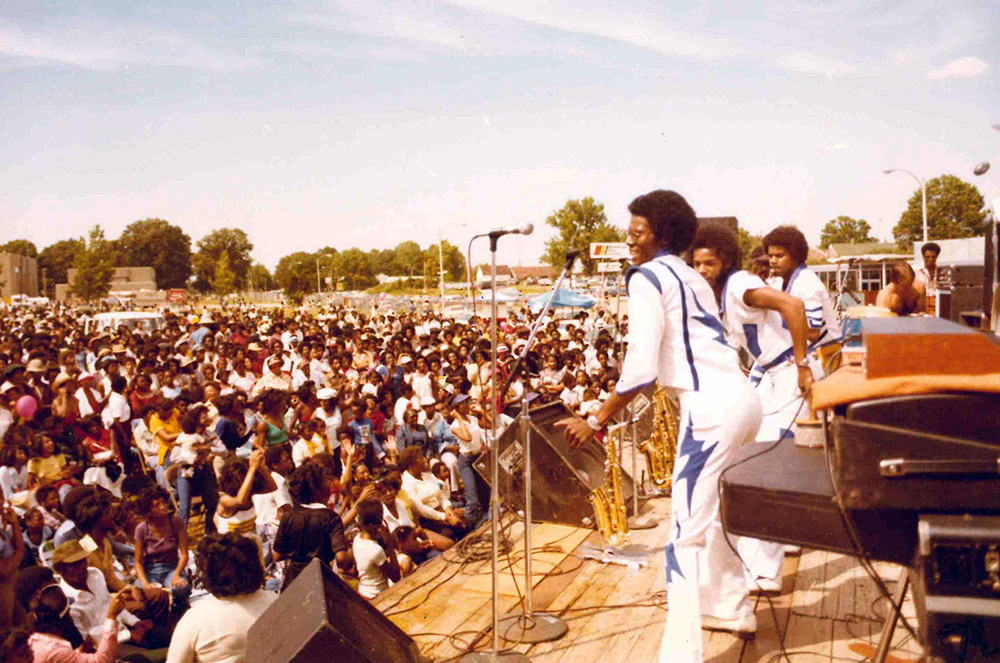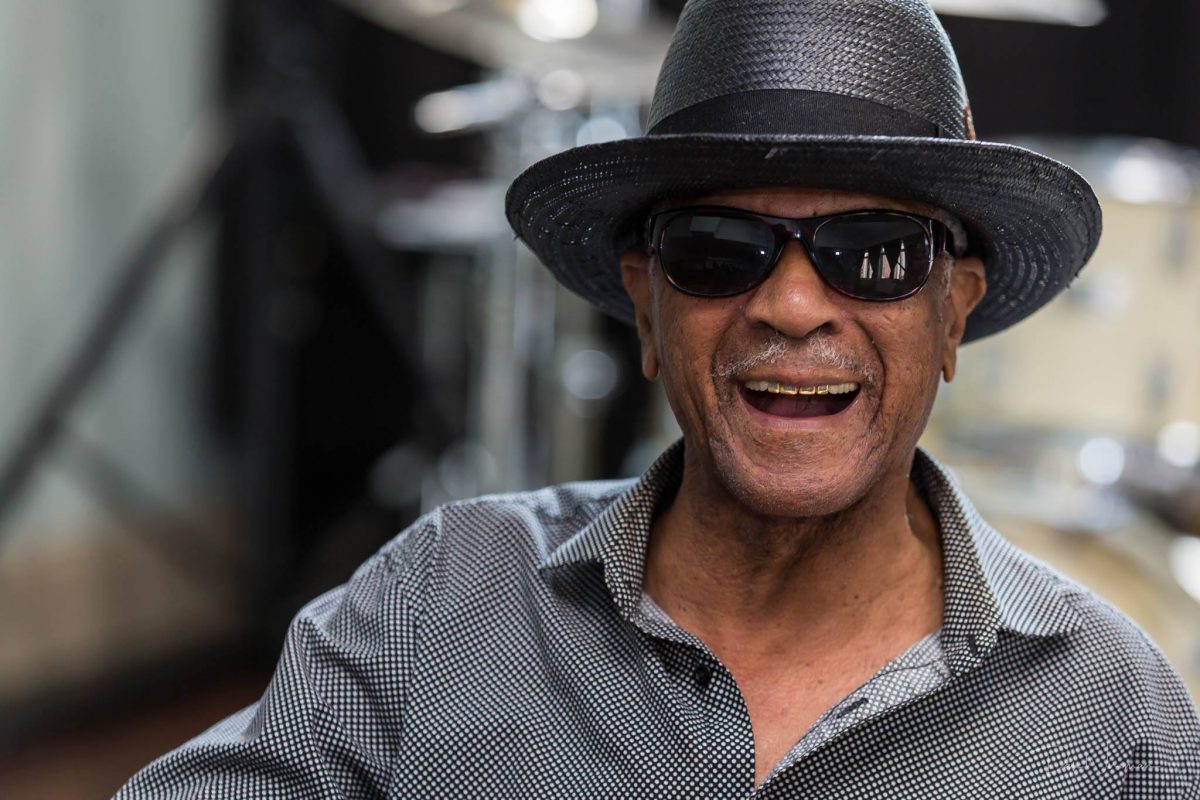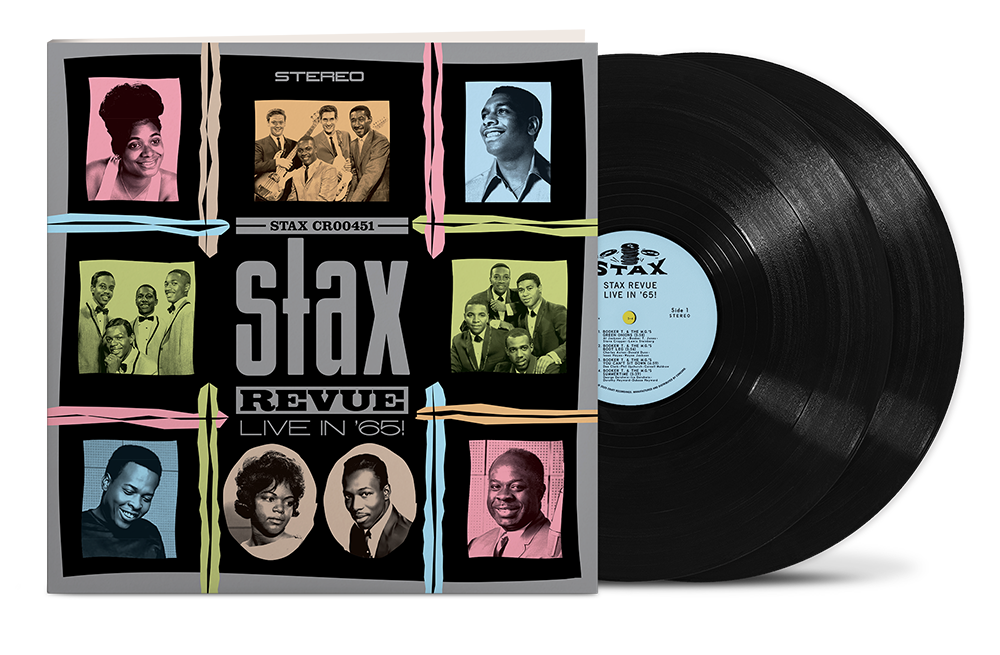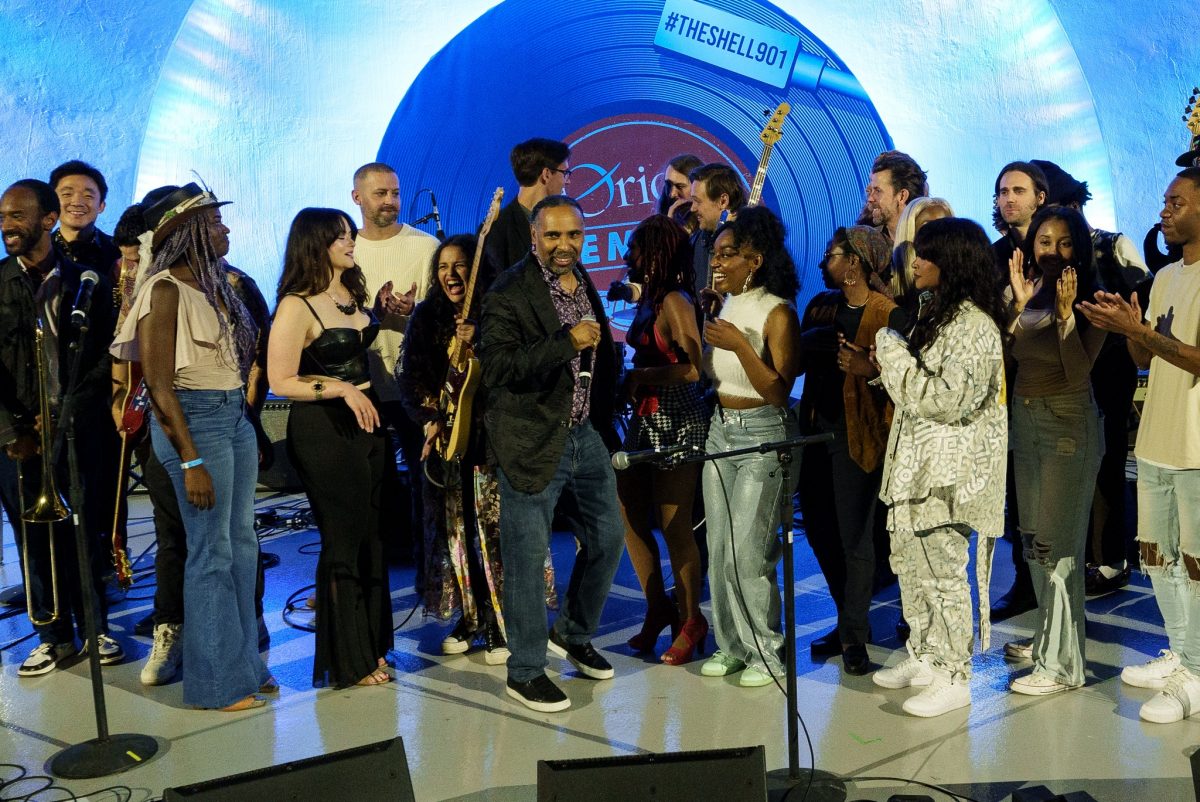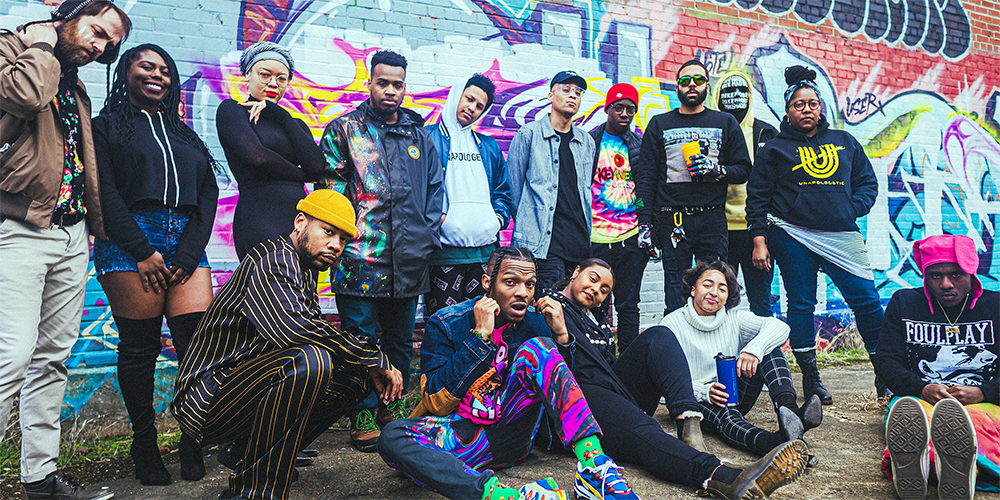You’ve seen and heard Frank McLallen many times if you love live music in Memphis. With the Tennessee Screamers, Model Zero, the Sheiks, and other garage-adjacent groups, he’s been on the local scene for over a dozen years. So why am I now thinking McLallen, with his new album Extra Eyes now dropping on Red Curtain Records, might just be the city’s best emerging artist?
Perhaps it’s because this LP hits so differently from any of the groups above. Anyone used to the galloping, stomping Shieks will recognize the lo-fi aesthetic, but might be surprised at the moments of sparse quietude on Extra Eyes, sometimes only maracas and acoustic guitar. Tennessee Screamers fans will recognize the soulful harmony singing, but not necessarily over chord changes more reminiscent of the Beach Boys or Bowie. Indeed, the album’s closest sonic antecedent might be Tyrannosaurus Rex, Marc Bolan’s psych-folk precursor to T. Rex. But the greatest revelation is hearing McLallen’s voice in a new register, the quieter settings allowing his expressive baritone more space than it can find in a typical club environment.
That goes hand in hand with the album’s overarching sense of a man taking stock of his life, his loves, and the landscapes he’s walked, all via lovely melodies, folk-pop riffs, and swinging, swaggering vocals. Finding the whole inventive-yet-sparse musical stew especially captivating, I set out to ask the artist himself how he’d arrived at the recipe.
Memphis Flyer: Looking at the credits for Extra Eyes, it seems you began with smaller home studio sessions and then worked your way up to bigger rooms, culminating in sessions at Memphis Magnetic Recording. Yet through all those stages, you played most of the instruments yourself.
Frank McLallen: It started when Graham Winchester lived down the street from me, about a year and a half ago. I went over to his place with this new song, “Manic.” He was just recording artists at his house, and over a week or two, I’d just walk over to overdub and hang out. Then I went over to the Bunker, the home base for bands I’ve been in for a long time. Andrew McCalla and Keith Cooper are really setting that studio up. I’m comfortable there, and we had unlimited time to tweak little things. The Bunker is what I imagine studios in Kingston [Jamaica] in the early reggae movement being like, just thrown-together gear, cushions for sound insulation. It’s a good vibe over there.
I wanted to have fun with harmony in the studio. Sometimes just the two of us, me and Andrew, would have sessions deep into the night, for 10 hours sometimes, just working on the songs. We did a lot of layered vocals because we had time to do them. I’d always wanted to have vocal harmony layers like that. I’m a huge Harry Nilsson fan, and I’ve always loved how he just layered his own vocals on himself.
How did you connect with Memphis Magnetic and Red Curtain Records?
At some point in the middle of recording all these tracks, I talked to Scott [McEwen, founder of both the label and Memphis Magnetic], and I played him these songs. Then that’s when he got interested, and we talked about doing an album. That was when it became real, and I put together some kind of deadline in the back of my mind. The dream was, “Let’s release this on your birthday, Frank,” and so now that’s actually happening. Friday, September 5th, is when everything releases on all platforms. Then the show will be the 6th at Bar DKDC, and people can buy the LP there. And Lucy from Big Clown is making a zine to go with the album, and it’ll also be for sale by itself.
I see that another artist who performs at Bar DKDC, my Flyer colleague Michael Donahue, is thanked on the LP.
He’s a huge figure in my life. He’s an uncle, but he’s much closer than an uncle, and having him always playing the piano, around our house and at his place, it was contagious, and I gravitated towards that real quick. We even filmed a video at his place in Red Banks, Mississippi.
Frank McLallen & Extra Eyes, with openers Runi Salem and Recent Future, play at Bar DKDC, Saturday, September 6th, 9 p.m., and again at the Big Eyes Festival at Downing Hollow Farm Stays, Saturday, October 25th.

